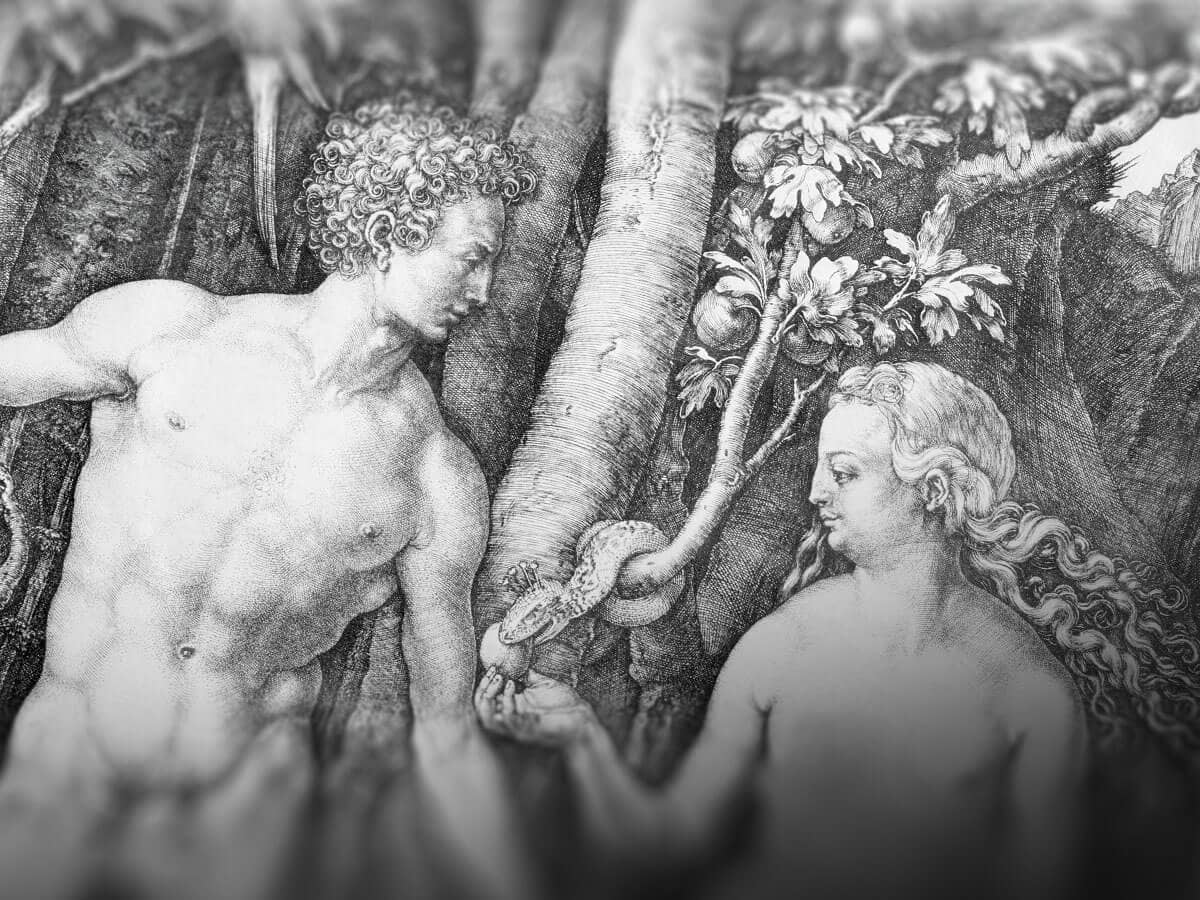With an easygoing, friendly disposition and a penchant for performing charitable deeds, Edith Kleinman* always said yes to life. Even though she was a relative newcomer to the small village of Heveningen, Holland (having emigrated there as a young bride from Switzerland), her reputation as a tenderhearted soul grew quickly. So it came as no surprise when the Christian constable of the village, Herr Schleider* approached Edith one morning in 1939 and asked if she could do an enormous favor for his family.
"I understand that you had a baby recently," he said, as she welcomed him into her home. "I don't know if you're aware of this, but my wife also just gave birth.to triplets."
Edith Kleinman murmured her surprise and congratulations.
"As you can imagine, my wife and I are filled with joy, but are also quite. . .overwhelmed. And we are faced with a difficult problem. My wife does not have enough milk to suckle all three babies. She barely has enough for one. The doctor has told me that the infants are very malnourished; they're starving, he says. Many people in town have told me that you are a very kind woman.I know this is a lot to ask of you.but would you be able to serve as a wet nurse for two of the triplets?.I will pay you, of course," he added hastily.
"Oh, no!" Edith protested vigorously. "I will absolutely not accept payment from you. It will be my privilege to help your babies get a good start in life. How could I possibly say no to such a request? Of course, I'll do it!"
As was typical of her, Edith Kleinman had once again said yes with no forethought, afterthought, or regret.
She nursed those babies for nine months, and they grew strong and robust.
Three years later, the Kleinmans were packing for their yearly trip to Switzerland when they heard a loud knock on the door. It was the constable, whom they had not seen for many months. He appeared tense, nervous, and afraid. His eyes roamed the street anxiously before he slipped in, almost stealthily, through their front door.
He plunged right in with the purpose of his call.
"I hear that you spend the Passover holidays every year with your family in Switzerland," he said.
"Yes," Edith murmured in assent. "We do."
"When you leave this year, take along some extra suitcases," he whispered. "Pack your most valuable and precious possessions, those that are among your most beloved, sentimental, or costly. And go, ostensibly for the holiday-but don't come back."
"Wh-wh-what?" Edith asked in confusion, "I don't understand."
"I've joined the Nazis," the constable explained, "and really, I should not be here at all. But how can I forget what you did for my children?.You may tell-and take along-your extended family, but you mustn't share this with anyone else. A sudden mass departure would be noted and stopped. I am sorry. I can't elaborate, but trust me and heed my warning. Leave and don't come back."
As the constable stole out the door, he glanced over his shoulder and whispered to the Kleinmans, "My debt to you is paid."
On the seventh day of Passover, Hitler's troops marched into Holland, ambushing the Jewish citizenry, who were taken by surprise. Unprepared for the sudden onslaught, most Dutch Jews were unable to escape and found themselves ensnared in the Nazis' vicious web. Almost all of Holland's Jews perished in the war, with only a miniscule number surviving the Holocaust.
But the Kleinmans, safe in Switzerland when the invasion took place, were able to procure visas to the United States, where they found haven and a new life.
"Down the road, you can never really imagine how your destiny will play out," muses a reflective ninety-year-old Edith Kleinman today. "Serving as the infants' wet nurse just seemed like the right thing to do. How could I know that when I was saying yes to their lives, I was saying it to my own as well."

